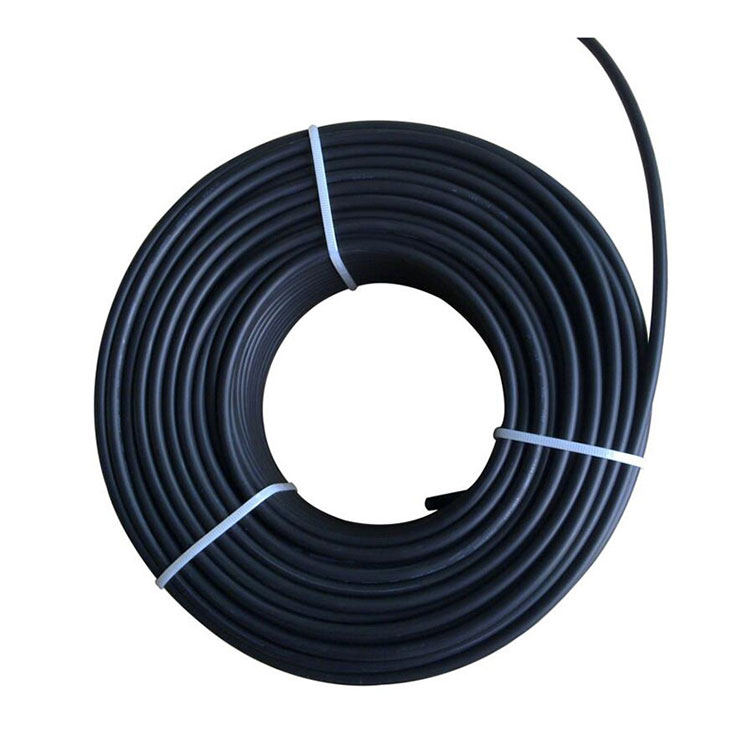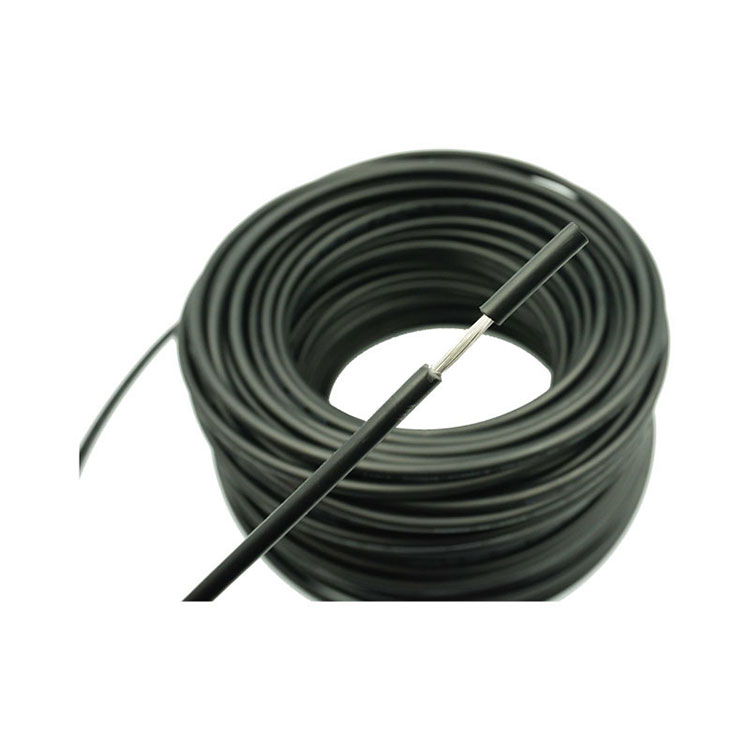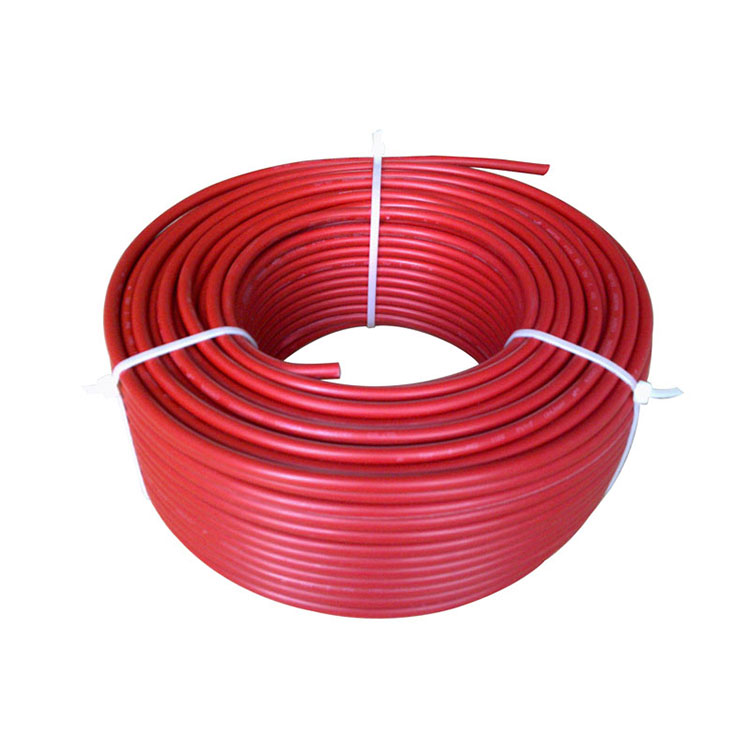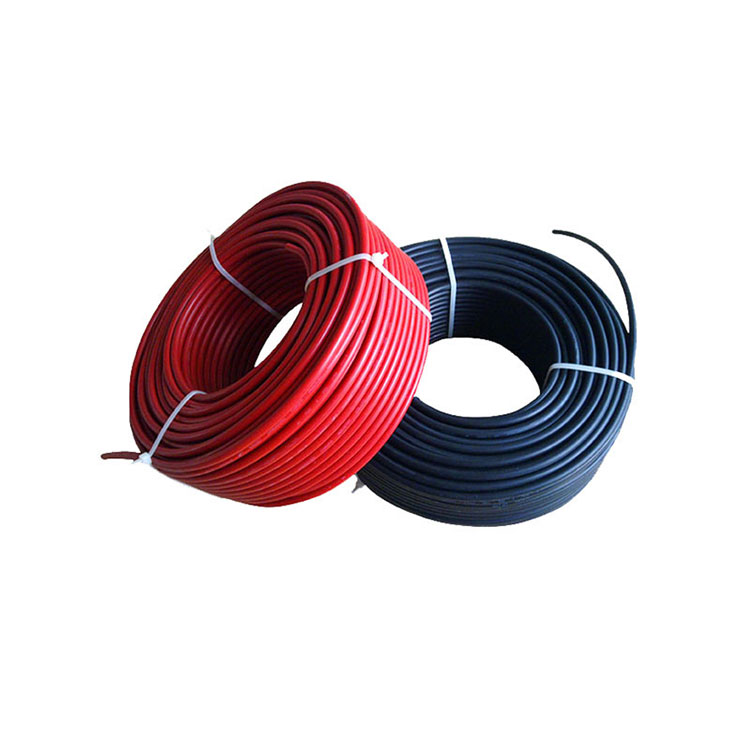PV Cable
- View as
Iec 62930 Solar Pv Cable
As the professional manufacturer, we would like to provide you Paidu IEC 62930 Solar PV Cable. IEC 62930 is a standard that specifically focuses on the requirements for photovoltaic (PV) cables used in solar power systems. PV cables are an essential component of solar energy systems, as they are responsible for transmitting the electricity generated by solar panels to the inverters and other components of the system.
Read MoreSend InquiryIec 62930 Tinned Copper Pv Cable
Paidu specializes in a wide range of photovoltaic cables, including tinned copper PV cables, tinned alloy PV cables, aluminum alloy cables, and PV grounding cables. One of our notable offerings is the IEC 62930 Tinned Copper PV Cable, which has been approved by the International Electrotechnical Commission (IEC).
Read MoreSend Inquiry
Paidu Cable is one of the professional PV Cable manufacturer and supplier in China, known for its excellent service and reasonable prices. We have our own factory. If you're interested in wholesaling our high-quality PV Cable, please contact us. We sincerely look forward to becoming your reliable, long-term business partner!
X
We use cookies to offer you a better browsing experience, analyze site traffic and personalize content. By using this site, you agree to our use of cookies.
Privacy Policy








